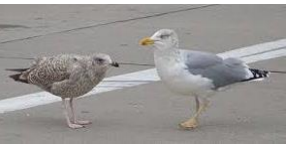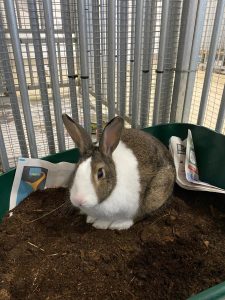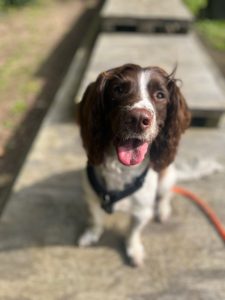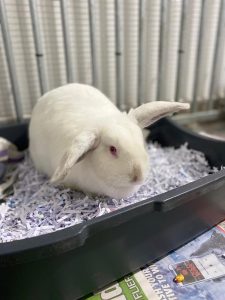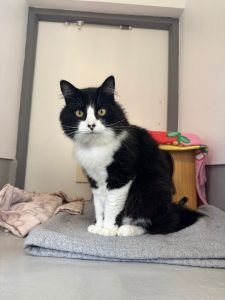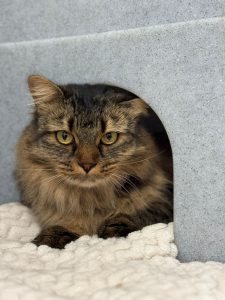Seagulls are protected under the Jersey wildlife law and can only be moved by licenced pest controllers. The JSPCA can only provide assistance if a seagull is injured or in immediate danger’
The JSPCA is an animal welfare organisation and we do not hold such a licence. Our involvement is limited to helping any birds that have become trapped (providing they can be released on site) or picking up injured birds and bringing them to the JSPCA veterinary clinic to be assessed, treated and humanely euthanasing any that are badly injured.
Seagulls are very intelligent and will quickly imprint on humans causing problems for themselves and the public once they are released. For this reason, we can only treat birds with minor injuries that can be safely released within 48 hours.
Scenario FAQs
What should I do if the bird is injured?
Call the JSPCA for advice. The majority of seagulls are born on roof tops and are pushed out of the nest by
the adults when large enough to fly, or fall out naturally. When they land, they can get minor injuries to their legs
from which they recover. The JSPCA will assess any injured birds and decide whether they need to be collected.
There are adult birds that appear to be attacking the young bird.
These are likely to be the parents who will be trying to encourage it to fly (If old enough) or move it to
safety.
There are cats in the area that might attack and kill it
Seagulls, even fledglings gulls, are substantial birds with strong beaks. If a cat did attempt to attack it, they
would probably end up worse off by being attacked by the young bird or the adults protecting it.
What are we to do then?
Unless obviously injured, leave the young bird alone and allow the parents to look after it. Do not under
any circumstances feed it or give it water, or handle it as this will impact on its ability to survive as a wild bird.
The JSPCA are supposed to help look after the welfare of all animals
Animal welfare is the concern of the JSPCA and whilst we will always attend to injured or sick birds, we believe leaving an uninjured wild bird alone gives it the best chance of surviving to live the life it is designed to live. In addition, we are required to comply by the law in dealing with protected wild animals.
Fledglings
Generally, it is best to leave an un-injured fledgling alone. There will usually be an adult bird nearby keeping an eye on the young bird but they will not approach it until they think it safe, so as not to give away the young bird’s location. Alternatively, they might attack if they think the young bird is in danger. The adult birds usually feed and attend to the young for six to eight weeks until they are old enough to fly. Removing a healthy bird only causes unnecessary stress to the adult and young birds.
